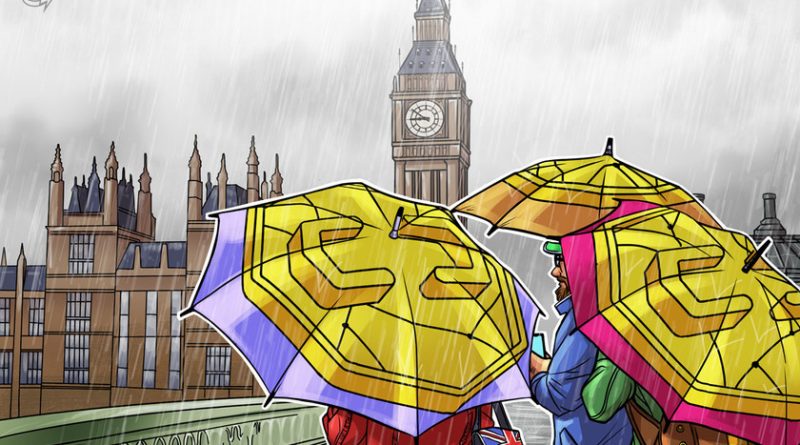BoE policymaker says digital currencies could be part of ‘new monetary order’
Bank of England policymaker Andy Haldane believes a widely used digital currency could have a positive impact on financial stability.
The Bank of England, or BoE, is broadening its assessment of digital currencies, including evaluating how these assets could form the basis of a “new monetary order.”
Andy Haldane, the bank’s chief economist and sitting member of the Monetary Policy Committee, gave a speech on Wednesday at the TheCityUK 10th Anniversary Conference.
The 19-page transcript, titled “Seizing the Opportunities from Digital Finance,” delves into various topics related to digital currencies and their impact on financial stability and monetary policy.
The “traditional model of banking would be disrupted” by a widely used digital currency, Haldane said, adding that more attention needs to be given “to the potential longer-term benefits of such a structural shift.”
One such benefit is the emergence of so-called narrow banking, which would partially segregate banks’ “safe” payments-based activities from their riskier credit business.
Haldane said:
“In principle, separating safe payments and risky lending activities could lead to a closer alignment of risk and duration on the balance sheets of those institutions offering these services.”
On the monetary policy side, the central banker believes a digital currency could mitigate or possibly even negate the prevalence of negative interest rates. Haldane says zero-bound or negative rates “arise from a technological constraint on the ability to pay or receive interest on physical cash.” He added:
“In principle, a widely-used digital currency could mitigate, if not eliminate, that technological constraint by enabling interest rates to be levied on retail monetary assets.
Negative interest rates are an unconventional policy tool pushed by central banks to encourage financial institutions to lend money rather than hoard it in reserve. In a negative-rate environment, financial institutions pay to park their excess cash with the central bank. The European Central Bank, Bank of Japan and Bank of Switzerland all went down this route following the 2008 financial crisis.
The BoE is also exploring the various use cases of a central bank digital currency, or CBDC, but has not made any decision on the matter, according to fintech director Tom Mutton.
Central banks around the world are weighing the possibility of a CBDC, with some monetary authorities taking a more proactive approach. China, for example, recently concluded its largest pilot of the digital yuan, distributing online wallets to 50,000 people.
The United States Federal Reserve, meanwhile, has released a series of research reports exploring the potential utility of a CBDC. One of the key takeaways of a recently published literature review was the need to identify the “intrinsic features of CBDC.”




